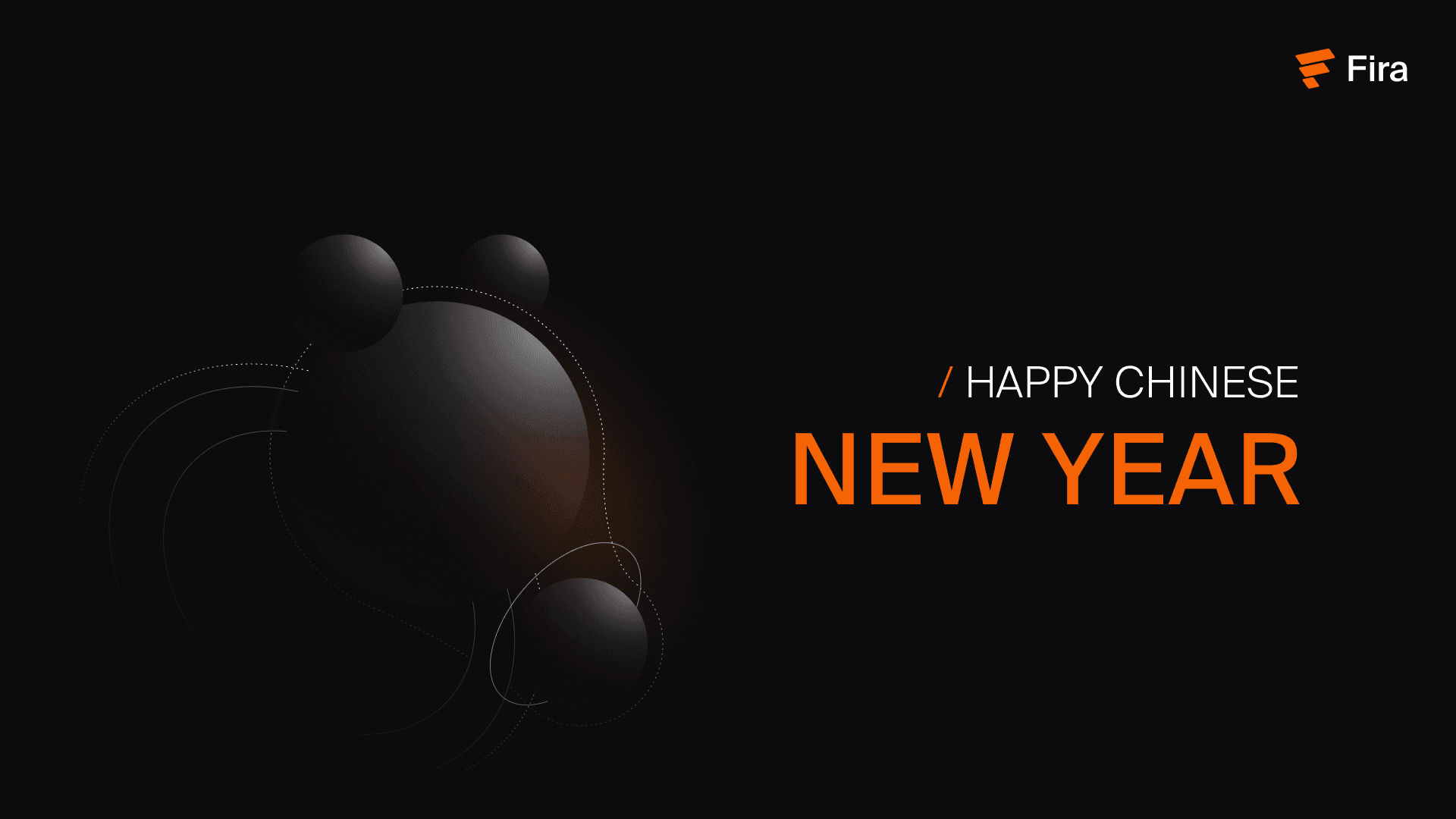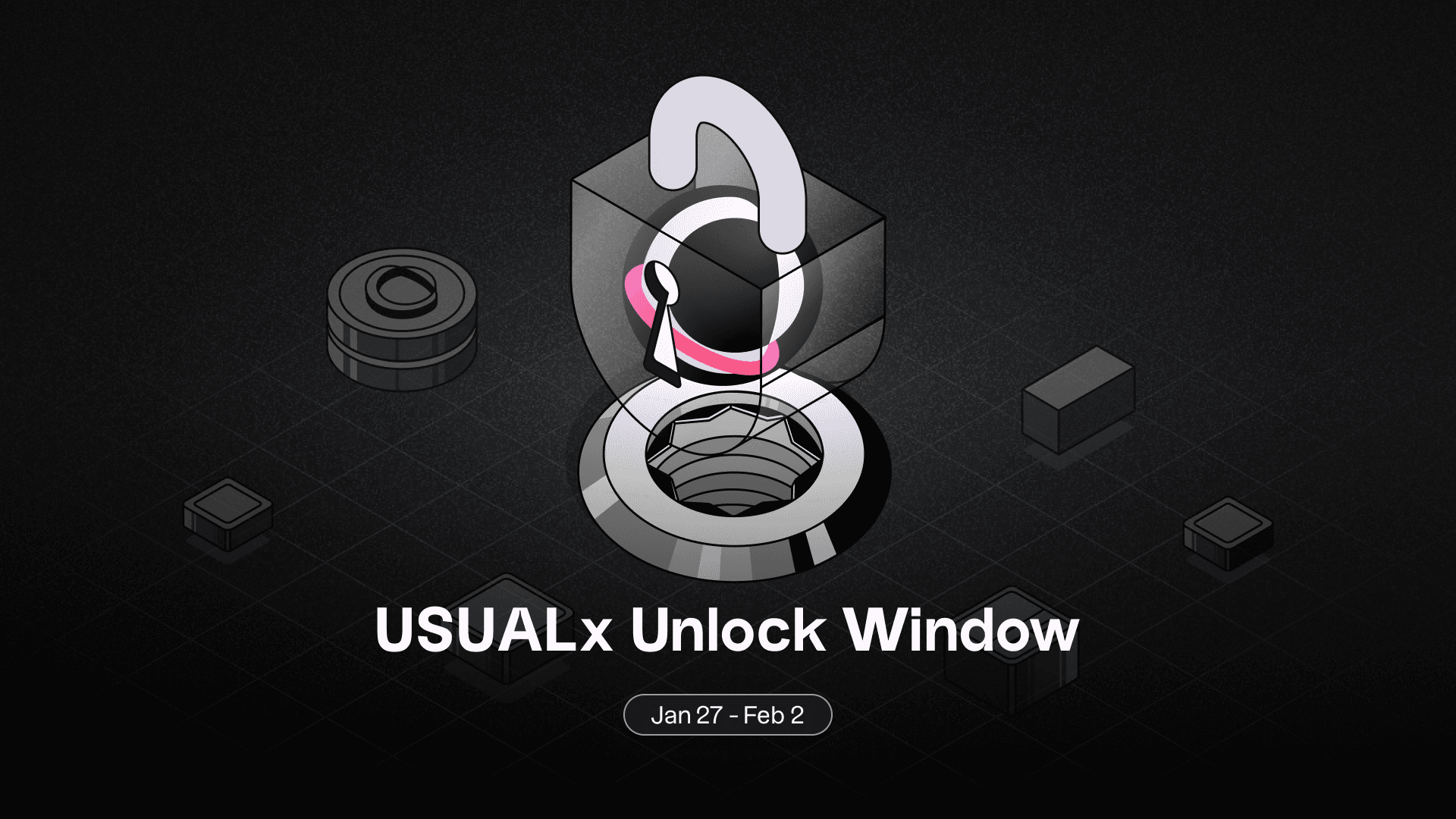Usual is expanding its footprint, leveraging Chainlink's tokenized RWA infrastructure across Base and BNB Chain.
By adopting the Chainlink standard, including CCIP, Data Feeds, and Proof of Reserve, Usual is enhancing the utility and liquidity of USD0 and USD0++. These integrations help address critical challenges in the tokenized asset space and provide our users and ecosystem with enhanced utility and transparency.
Enhancing USD0 and USD0++ With Chainlink Price Feeds
For Usual’s ecosystem to function with the highest level of security and transparency, USD0 and USD0++ require access to fresh asset prices that are supplied directly onchain in a highly reliable manner. Fair market asset prices should reflect a volume-weighted average from all trading environments, needing the use of an oracle network to fetch aggregated price data offchain and deliver it onchain.
To achieve this, Usual has integrated Chainlink Price Feeds, which features:
High-Quality Data—Chainlink Price Feeds aggregate data from premium providers across hundreds of exchanges, ensuring volume-weighted pricing that filters out anomalies, manipulations, and downtime risks.
Chainlink’s Secure Node Operators—Usual benefits from a decentralized network of independent, security-reviewed node operators, minimizing single points of failure and ensuring data integrity even in volatile market conditions.
Transparency—Chainlink’s publicly available monitoring tools allow for independent verification of real-time price feeds, reinforcing Usual’s commitment to open, auditable systems.
Enabling Cross-Chain Interoperability for USUAL With Chainlink CCIP
Usual’s paramount objective is to ensure secure and efficient cross-chain movement before deploying assets such as USUAL on Base and BNB Chain. To achieve this, Usual employs a burn-and-mint mechanism via Chainlink CCIP, allowing USUAL to be transferred seamlessly across networks while maintaining its integrity and stability.
This integration enables:
Defense-in-depth security—CCIP operates on a defense-in-depth security model, leveraging the same Chainlink Decentralized Oracle Network (DON) that has enabled $19+ trillion in onchain transaction value to redundantly validate each cross-chain transaction. Each CCIP transfer is redundantly validated by multiple DONs, including an independent Risk Management Network that continuously monitors and validates the behavior of CCIP—reinforcing the security of USUAL transfers.
Secure Token Transfers—Cross-Chain Tokens (CCTs) do not require token developers to inherit any CCIP-specific code within their token’s smart contract, providing a flexible and secure way to transfer USUAL across chains without requiring modifications to the token’s underlying smart contract. Built-in rate limits and smart execution functions help mitigate risks associated with network congestion and unexpected market volatility.
Programmable Token Transfers—CCIP enables the transfer of value (via CCTs) cross-chain along with data instructions, enabling smart contracts on the destination chain to execute predefined actions upon receiving USUAL. Cross-chain programmability unlocks powerful use cases for USD0—CCIP can condense a complex set of actions involving multiple users, blockchains, and assets down to a single atomic cross-chain instruction.
Extendable and future-proof—CCIP’s future-proof architecture ensures that Usual remains ahead of the curve, with seamless integration of new blockchain networks, additional assets, and evolving security enhancements as the ecosystem grows.
Providing Transparency through Chainlink Proof of Reserve
Transparency is a foundational principle of Usual’s ecosystem. To further reinforce it in USD0 and USD0++, Usual has integrated Chainlink Proof of Reserve, an onchain verification mechanism that ensures the collateral backing our tokens is continuously monitored and publicly auditable.
By leveraging the same Chainlink infrastructure securing Price Feeds—Usual enhances the verifiability of tokenized real-world assets and ensures that USD0 maintains its strong collateral backing across Base, BNB Chain, and beyond.
With real-time, decentralized reserve verification, Usual is pioneering a future where stablecoins are not just stable, but fully transparent, interoperable, and trustless.
“We’re excited to adopt the Chainlink standard to accelerate the adoption of USD0 and USD0++, enabling the creation of secure onchain markets around these assets, while providing transparency around reserves and enabling seamless cross-chain movement.”—Adli Takkal Bataille, cofounder at Usual.
About Chainlink
Chainlink is the standard for onchain finance, verifiable data, and cross-chain interoperability. Chainlink is unifying liquidity across global markets and has enabled over $19 trillion in transaction value across the blockchain economy. Major financial market infrastructures and institutions, such as Swift, Fidelity International, and ANZ Bank, as well as top DeFi protocols including Aave, GMX, and Lido, use Chainlink to power next-generation applications for banking, asset management, and other major sectors. Learn more by visiting chain.link.
About Usual
Usual is a safe, transparent, and decentralized stablecoin protocol that redistributes ownership and value through its governance token, USUAL, as yield. It decentralizes traditional fiat-backed stablecoins, offering a higher-quality alternative like USD0, which is fully backed and secure. Through USUAL, users not only earn yield but also gain governance rights, aligning them with the protocol’s success and providing ownership over its future.








